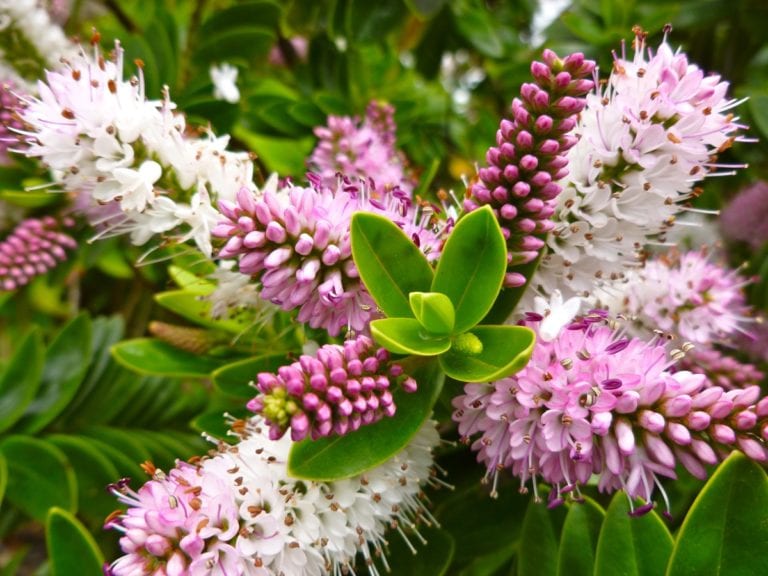Similar Posts

867th Week: Practices for Finding Refuge
I gave a talk at Unity of New York this morning and as I prepared for my presentation my mind went to the Buddhist idea of “finding refuge”. For me, this means having access to those experiences, places, and states of being that give us some relief and rest from the challenges of troubling times such as these.
For this week’s practice in conscious living, I’d like to share some ideas around “finding refuge” within our own creative, imaginal lives, as well as in our own embodied, grounded sense of being. Some of these practices I’ve shared before, so they may be familiar. That said, I figure that it’s always helpful to be reminded of resources that may become overlooked in the hurry and scurry of our everyday lives.
Leaning into Stillness
Over the years, I’ve had a practice that can, when it works well, bring immediate relief from mounting stress. It has to do with remembering that within and behind every thought, feeling, impulse/urge, physical sensation, or action there is an ever-present stillness. For me, the stillness arises within an infinite field of stillness that is behind any perception you can imagine.
One place where I connect with stillness is in the space between breaths and I often follow an out-breath down into myself and then, in the gap between the out-breath and the next in-breath, I enter into the stillness that is always there.
I also find refuge in leaning into the field of stillness that’s right behind me and often do this when I’m teaching. For me, this kind of stillness isn’t the same as emptiness. Instead, it’s more like a holding space where I can find rest and restoration.
Read More “867th Week: Practices for Finding Refuge”
767th Week: Practicing Mutual Empowerment
Listening to a cooking show on NPR this morning, there was an interview with a man who has a restaurant in Houston, TX called Underbelly Hospitality. I didn’t hear the very beginning of the interview, but the gist was that the owner/chef has a great interest in foods of every kind, from many different countries, and has spent a great deal of time with other chefs/restauranteurs in the area getting to know the in’s and out’s of their particular kinds of food, including Vietnamese and others. What struck me most powerfully is that he is a man who practices what I call “mutual empowerment”. At his restaurant, there was a time when the check for meals was accompanied by a list of other restaurants in the area where people could go, inviting them to explore how these foods tasted in various places. His goal was, and is, to share all the wonderful resources in his city and to cultivate his close relationships with other chefs in the city.
I’ve written before about the power dynamics of “power-over” and those of “mutual empowerment.” In the “power-over” model, there are only two positions: who’s on top and who’s on the bottom, who has power and who is over-powered. We see this kind of power relationship in many countries in the world right now, including the United States. In the “power-over” model, only a relatively few people are granted the privilege to have power over a vast majority of people. Many are left out…
Read More “767th Week: Practicing Mutual Empowerment”
756th Week: A Subtle Activism Request
This week, I have a request to make of those who read these practices and are willing to engage in a subtle activism activity on behalf of our collective human family. I’d like to ask everyone to take five minutes each day—it doesn’t matter when—to do the practice of Tonglen. The specific focus of the Tonglen practice in this subtle activism activity is on breathing in our collective fear and hatred and breathing out compassion, peace, love, ease, or whatever quality you would like to offer to our human family. If this practice resonates with you, I would ask you to consider making it a daily practice on a regular basis, not just for this week.
I’ve written about Tonglen many times and there are links to the practice on my website under Written Meditations – https://www.nancynapier.com/category/meditations/. For this week’s activity, I’d like to write a brief version of a Tonglen-like practice for this subtle activism activity. Because many people may not have done Tonglen before, and may not be thrilled with the idea of breathing fear and hatred into their heart, I’ve written up a “derivation” of Tonglen drawn from my early spiritual upbringing.
Read More “756th Week: A Subtle Activism Request”
711th Week: Receiving Generously
Walking through Central Park one morning, the sound of the birds, the slow but steady haze of green emerging on the trees, the emerging daffodils and other spring flowers all offered gifts that are part of the park’s waking up to a new season. As I walked, I took in the sounds, smells, and visual delight of this emerging season and the experience got me to thinking about the process of receiving.
Receiving is an active, reciprocal process. It acknowledges that something has been given and recognizes that the act of receiving can be an expression of generosity that can enhance this experience. I often invite people to notice their style of receiving. For example, when they sit down on a chair and receive the support available, do they actively take in the support that is present? Do they engage the reciprocal process of receiving what is offered with awareness? This may apply to any kind of receiving: support, friendship, kindness, much-needed food, clothing, or shelter, a smile—whatever is offered. How would you answer these questions? Read More “711th Week: Receiving Generously”